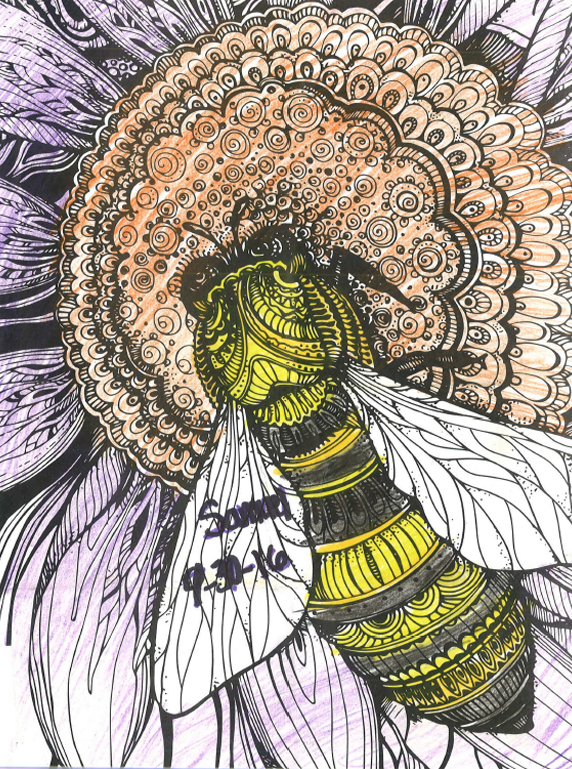Limb loss isn’t as uncommon as people think. In fact, most people - even people with limb loss or their friends and families - would probably be surprised to learn just how common it is.
There are other limb loss statistics that are surprising to most people. Here, we’ve collected a few of the most eyebrow-raising stats related to limb loss in the United States.
There Are More Amputees Than You Think
If you were to ask yourselves how many people currently live with limb loss in the United States, you’d probably be off. That’s because there are over 330 million people in the U.S., and against such a big number, the number of people with limb loss can’t be that high, right?
Well, in reality, there are over 2.1 million people in the country who are living with limb loss today. That’s 0.63% of the population. There are 3.5 million truck drivers, for comparison’s sake, which equals 1.06%. Truck drivers seem to be everywhere, so just imagine that two out of every three truck drivers that you pass on the roads and highways every day are missing a limb. That should give you a better idea of just how many amputees there are in the country.
That number is expected to double by 2050, by the way, which is faster than the entire population will grow. Those with limb loss will account for 0.96 percent of the population by then.
How did that number get so high? Well, each year, 185,000 people go through an amputation. That works out to roughly 300 to 500 amputations every 24 hours, somewhere in the nation. The most common type of amputation? A below-knee amputation, which accounts for 71% of all dysvascular amputations.
Limb Loss Can Be Costly in Several Ways
Did you know that over their entire lifetime, it’ll cost more for those with limb loss than those without? Lifetime healthcare costs for an amputee is $509,275, on average, which is almost
$150,000 more than the lifetime cost for a person without limb loss.
Hospital charges for patients who undergo an amputation collectively totaled $8.7 billion in 2013, a number that has probably risen over the past few years. The collective cost to insurance, both public and private, is over $12 billion each year.
Limb loss isn’t just costly in a financial sense; it’s costly in a psychological sense, too. According to research, approximately 30% of people with limb loss suffer from depression, anxiety, or both. That’s compared to 18% of the adult population as a whole.
As a provider of care for those suffering from limb loss, we understand the gravity of the situation. Going through an amputation is a major life change. But, it’s not the beginning of the end; it’s the end of the beginning, and the beginning of your new phase of life.
The numbers can be daunting, but life with limb loss doesn’t have to be. With help and perseverance, you can live a normal life and regain the independence you once had.
BioTech designs and manufactures prosthetic devices for people suffering from limb loss. We treat every patient with compassion and respect, and we work hard to deliver superior service and prosthetic devices that change lives. Recognize your possibilities. Contact us today for more information.
Here at BioTech, our patients come first – no matter what. And while we know our customers love us (almost) as much as we love them, it’s always nice to get a thank you note from someone who wants to tell us how we made a difference in their life.
Take a look at this adorable message and artwork from one of our patients, Samuel Johnson!
Dear BioTech Limb and Brace,
I’m very thankful that Children’s Hospital had told us about these braces. These braces are better than my other braces, and very much more comfortable then [sic] the others. My first braces I hated because they always pinched me, and it left blood blisters because they had hinjes [sic]. My second braces was [sic] a lot better than the first ones because instead of hinjes they had flexible plastic.
The first and second pair of braces are nothing compared to these awesome carbonite braces with springs. Now I know for a fact that they have springs. Well how I know is because when we was [sic] at co-op which is a place where we meet up with other homeschoolers to do class on every Monday. I was racing my friends inside and jumped higher than ever before and I couldn’t stop myself from from [sic] falling so I slid across the concrete and flew into the door. The first time I put these braces on I felt a whole lot better. Thank you BioTech for helping me.
Love,
Samuel K. Johnson
We Can Help You Feel a Whole Lot Better, Too!
Improving quality of life is one of our main goals for our patients. That’s why Samuel’s letter resonates with us so deeply – he has put into words what we want for everyone who walks through our door. Whether it’s orthotic braces or a prosthetic device, patient comfort and satisfaction is our top goal.
Contact us today to find out how we can help you!



